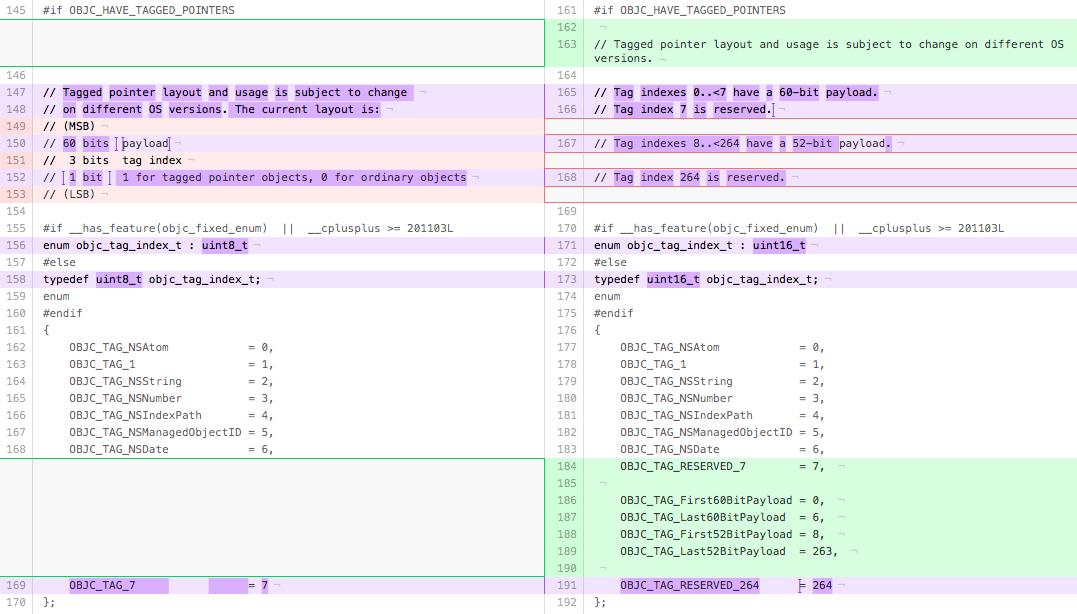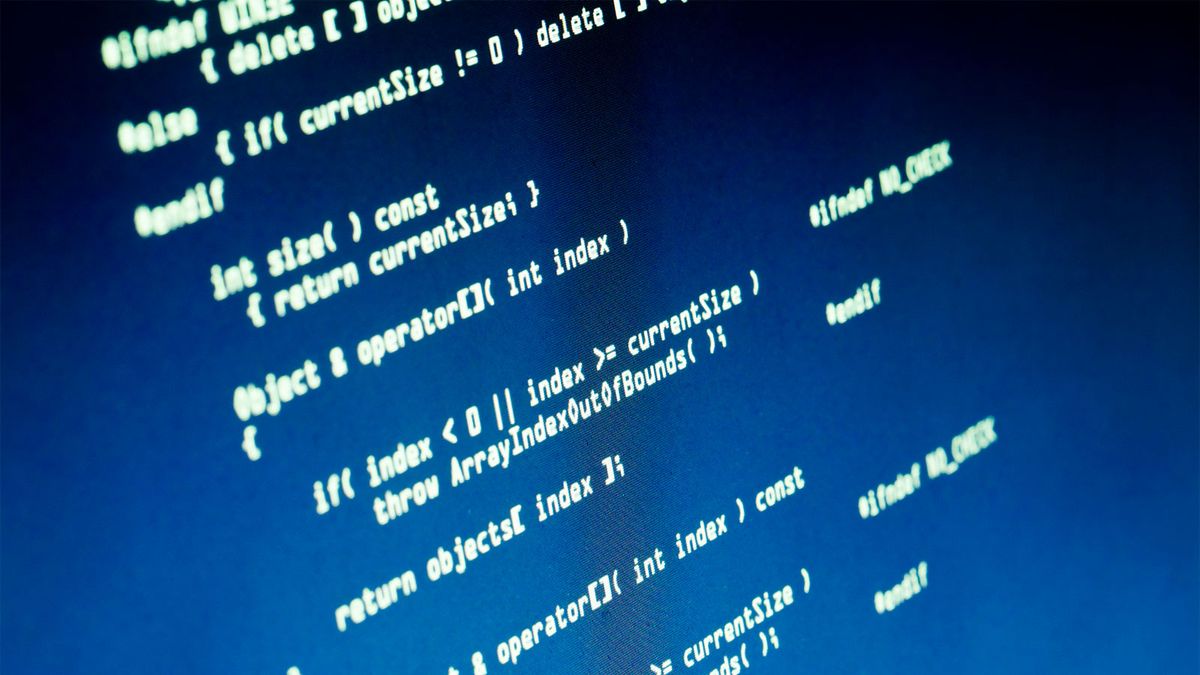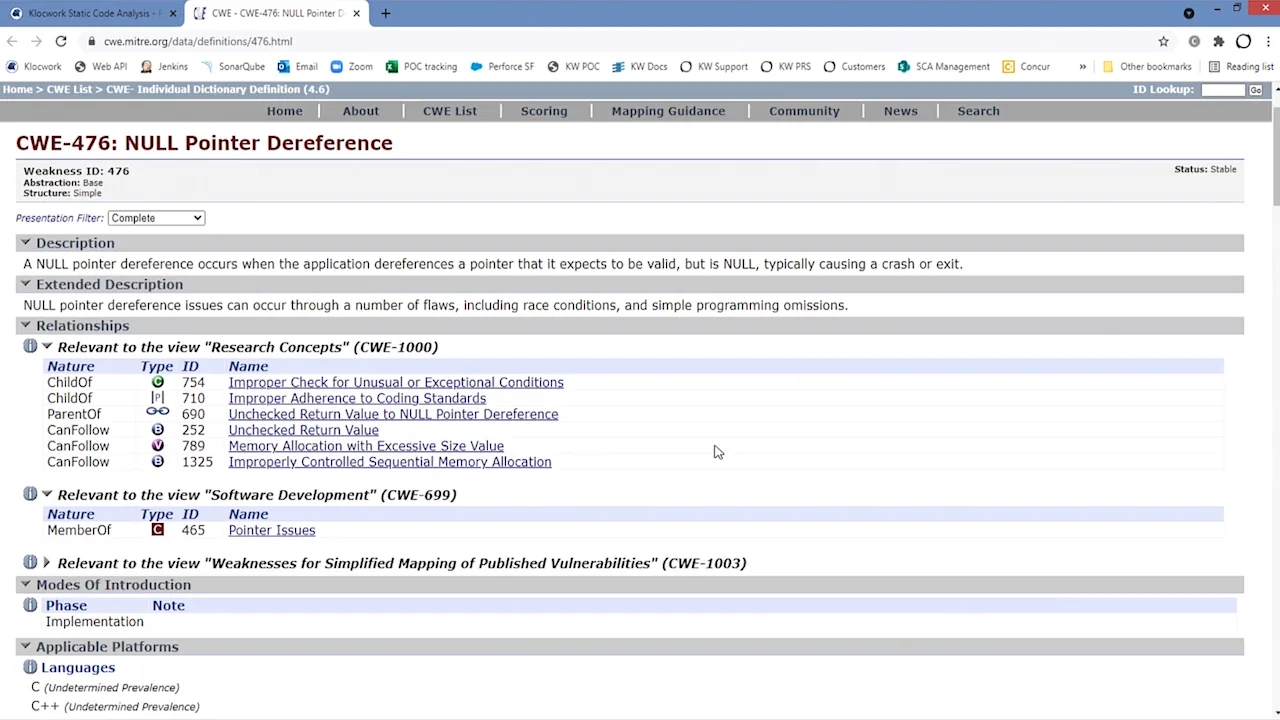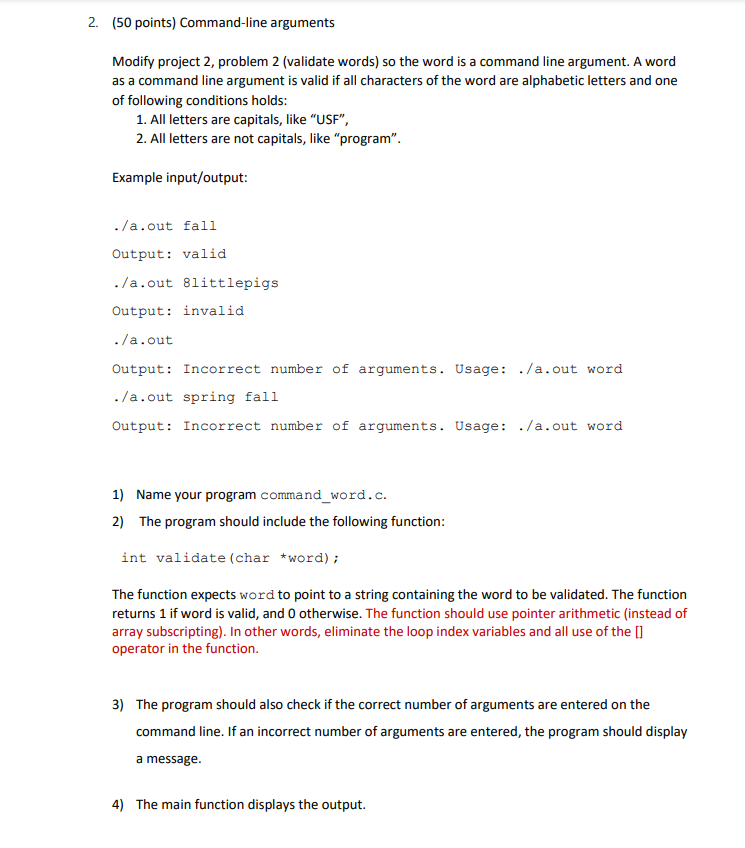Fine Beautiful Info About How To Check If A Pointer Is Valid

Or x = *ptr ).
How to check if a pointer is valid. Raw pointers themselves have no way of communicating to their owner (s) that they are being deleted. So it is not sufficient to know the value is valid. It matters what you are doing with the pointer.
# include # include <stdbool.h> # include <unistd.h> bool is_pointer_valid (void *p) { /* get the page size */ size_t page_size = sysconf(_sc_pagesize); You can only check if pointer is valid by doing pointer != null because anything except `null' is treated by valid pointer. :is there a way to determine if a pointer to a class object points to valid :data?
The problem is that after a class object has been destroyed the :pointer doesn't point to nil, so a. Return (((char*) p &_etext) && ((char*) p > &_start));} this way, you can check in a more accurate way if a pointer function is valid. If the pointer is to a class that you have control over the code for, you can have its destructor inform your code when it is destroyed.
Sure, you can try to dereference the pointer ( *ptr = x; If your code didn't crash, the pointer is. In your case, to check if your pointer points to any of.
You'd need to add that into your code such that every. Testing pointers for validity (c/c++) and following code can detect whether pointer is valid or not, you need probably to add some null checking: You have to trust that when people use a function that takes a pointer, those people know what they are.
Keep track of memory you have allocated. Not really possible to see if a pointer is valid in all it's meanings. In the constructor of image object, set listener pointer to zero.















